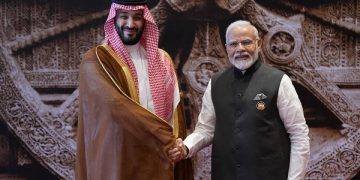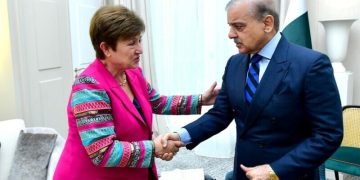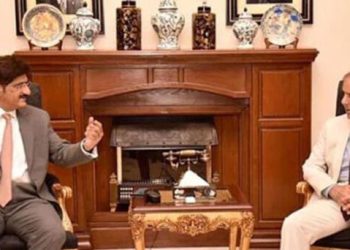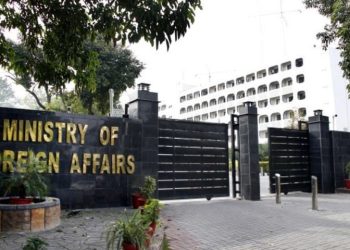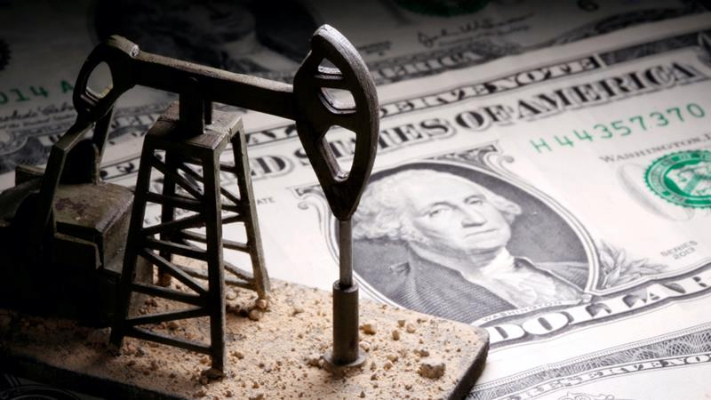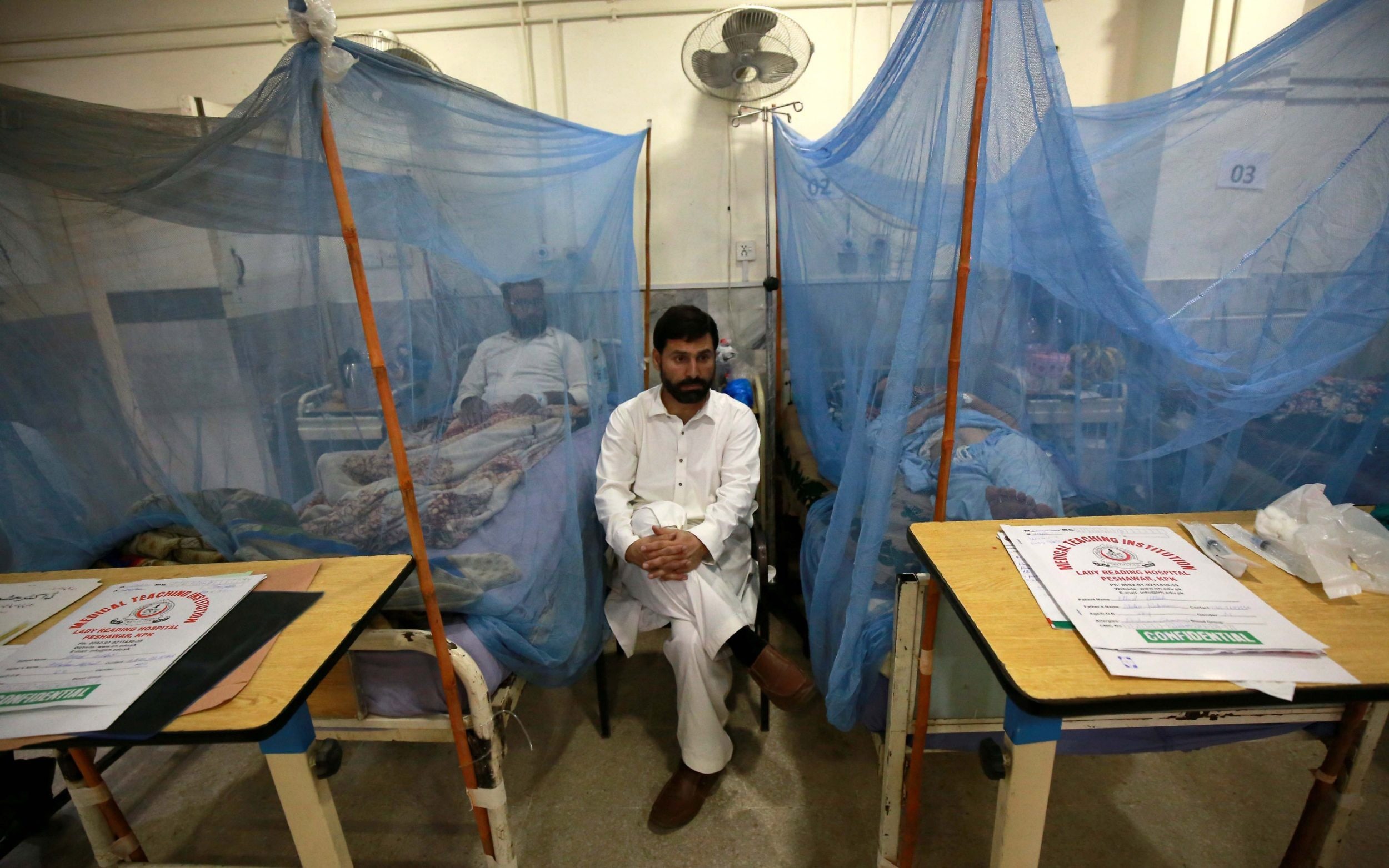The federal government on Wednesday announced to divert Rs10 billion from the coronavirus relief funds to pay interest on loans taken to retire circular debt and approved terms of negotiations for debt restructuring to reduce electricity tariffs.
Official documents suggest that there will be no meaningful relief, and
instead, the consumers will be overburdened in the longer run, which is contrary
to prime minister’s desire to reduce power tariffs by renegotiating terms of
the deals.
The Economic Coordination Committee (ECC) of the cabinet headed by Adviser to Prime Minister on Finance Dr Abdul Hafeez Shaikh, once again deferred approval of additional financial incentives for setting up special economic zones (SEZs).
The ECC, in principle, allowed the economic affairs ministry to sign a memorandum of understanding (MoU) to avail the G-20 debt relief initiative. Pakistan is required to enter into this MoU with all official bilateral creditors, including the Paris Club creditors, to implement the debt relief initiative of G-20.
The chairman informed the forum that Pakistan had no intension to seek any kind of relief for repayment of its commercial loans/borrowings. He also said that Pakistan had the means and the will to honour its commercial commitments.
The ECC allowed allocation of Rs10 billion from the PM’s Covid-19 relief package as a stop-gap arrangement for the payment of interest on the Pakistan Energy Sukuk II for a period of six months or amendment to the Nepra Act whichever is earlier, according to a finance ministry handout.
The government has raised roughly Rs200 billion by floating energy Sukuk-II to retire circular debt. But due to legal constraints, the government could no more pass on the debt servicing cost to the electricity consumers. However, it has all the intentions to amend the Nepra Act to pass on the cost of debt servicing to the electricity consumers.
In order to reduce the capacity charges of power generation companies through synthetic financing, the ECC approved the terms of reference for negotiations with power generation companies, according to the handout.


